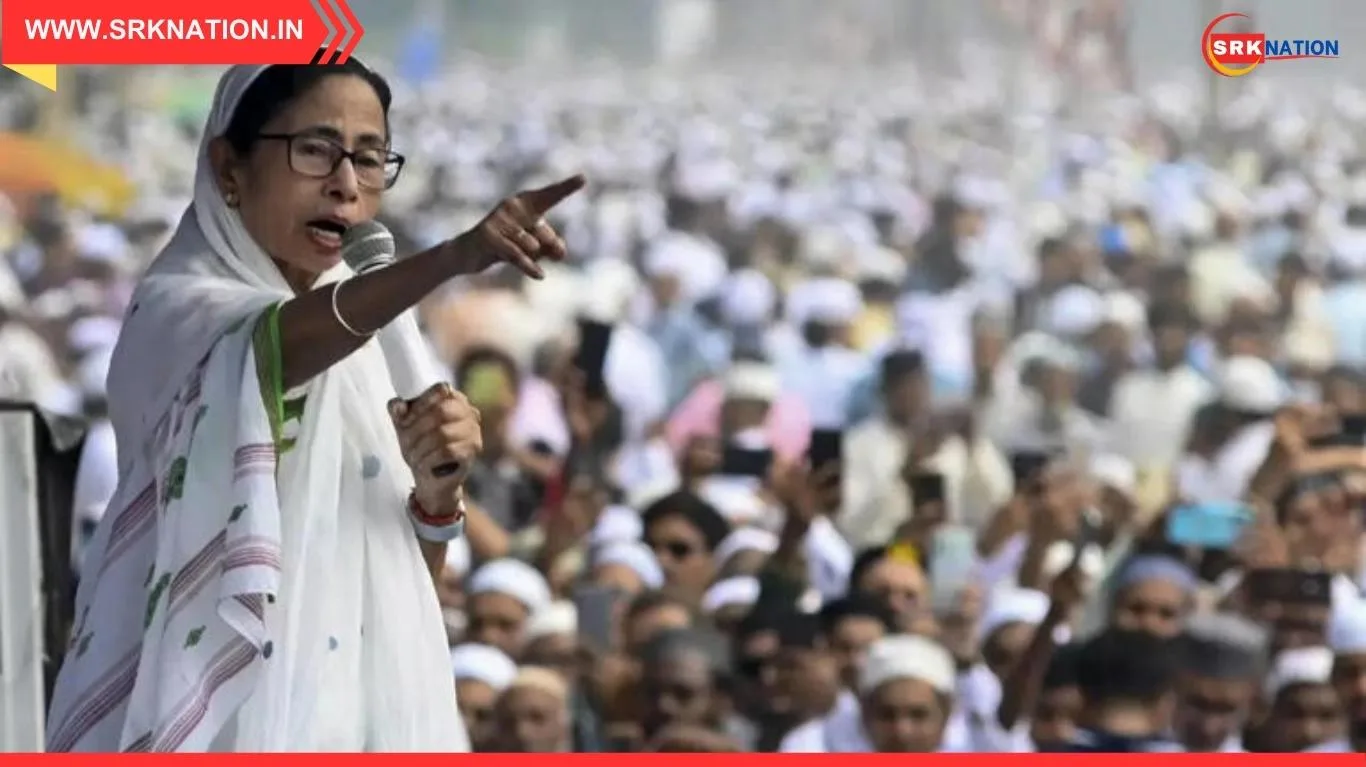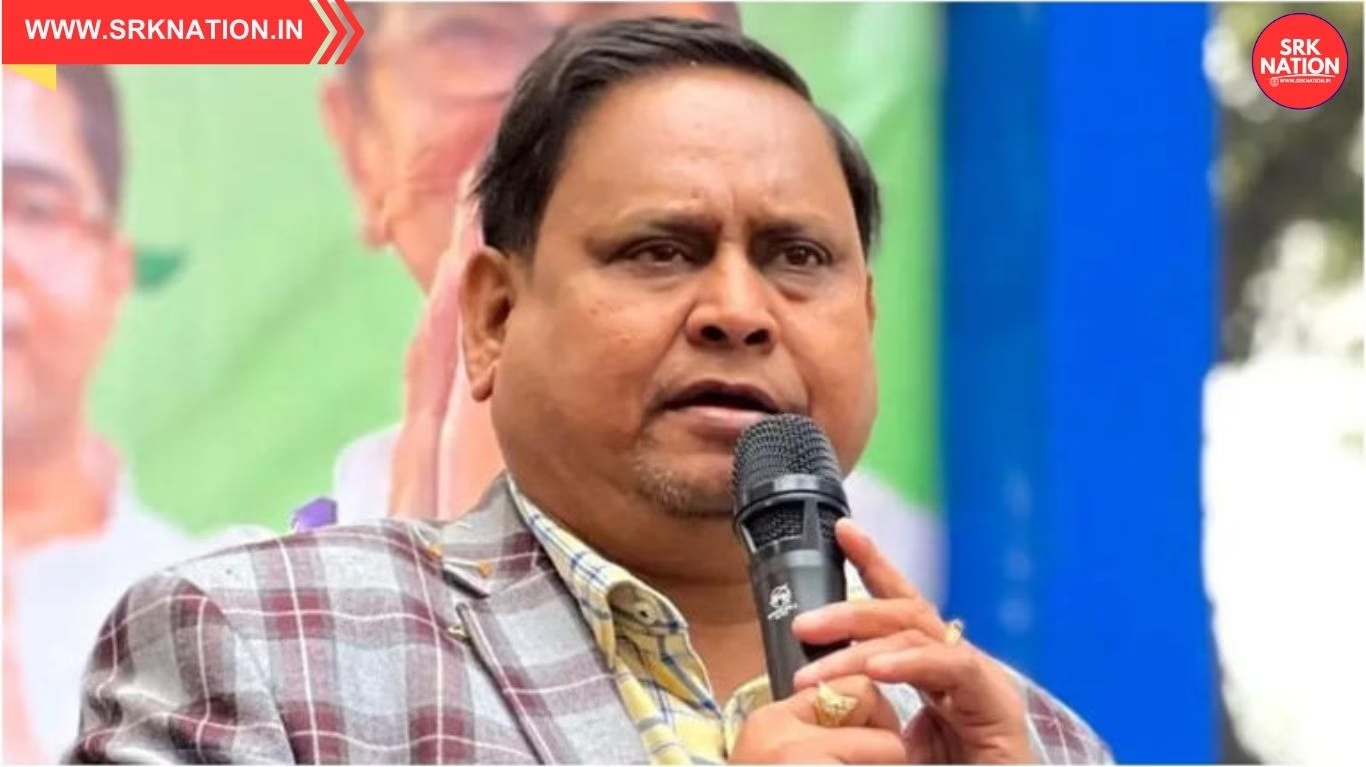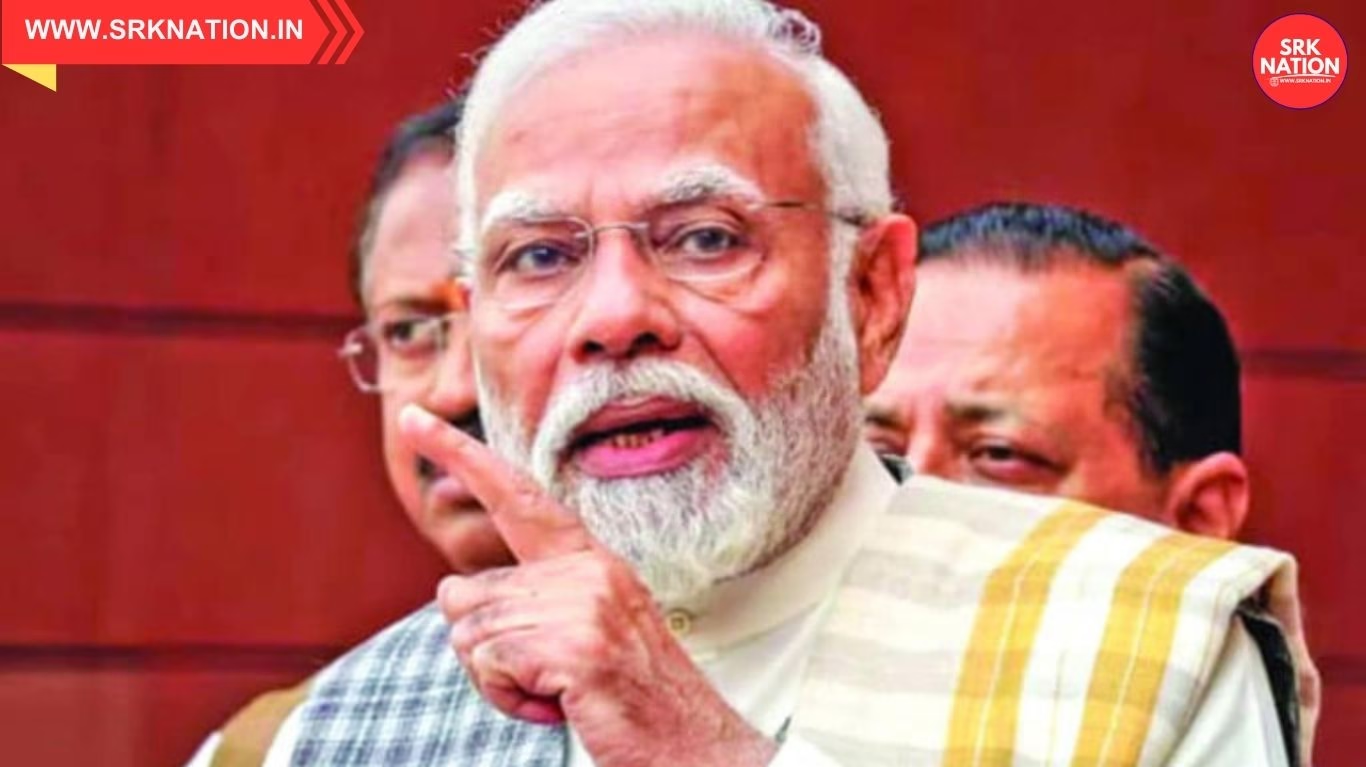West Bengal Chief Minister Mamata Banerjee has launched a sharp attack on the Election Commission (EC) and the Bharatiya Janata Party (BJP) over the Socio-Economic and Identification Register (SIR) survey, accusing the central government of misusing institutions and attempting to undermine federal principles. In a fiery statement, Mamata declared that the people should “delete the central government” if it continues to impose policies without consultation. However, she added that she is not opposed to the survey itself, provided one key condition is met: transparency and equal participation of states in the process.
What Is the SIR Survey?
The Socio-Economic and Identification Register (SIR) survey is a proposed nationwide exercise aimed at collecting detailed socio-economic data, including caste, income, and household demographics.
- Objective: To create a comprehensive database for welfare schemes and policy planning.
- Controversy: Critics argue that the survey could be politically misused, especially in the run-up to elections.
- Federal Concerns: States like West Bengal have raised objections to the central government’s unilateral approach.
Mamata’s Attack on EC and BJP
Mamata Banerjee accused the Election Commission of acting under pressure from the BJP-led central government.
- Quote: “Delete the central government if it continues to strip away the rights of states.”
- Accusation: Claimed that the EC is being used as a political tool.
- Federal Rights: Emphasized that states must have a say in nationwide surveys.
- Condition for Support: Mamata said she would back the SIR survey only if states are given equal participation and transparency is ensured.
Mamata’s Stand on SIR Survey
| Issue | Mamata’s Position | Condition for Support | Target of Criticism |
|---|---|---|---|
| SIR Survey | Not opposed | Transparency & state participation | Central Govt, EC |
| Federalism | Strong advocate | Equal role for states | BJP policies |
| Election Commission | Accused of bias | Must act independently | EC functioning |
| Public Sentiment | Mobilizing support | Protect state rights | Central imposition |
Why Mamata’s Statement Matters
- Political Impact: Her remarks intensify the ongoing tussle between the Centre and states.
- Federal Debate: Raises questions about the balance of power in India’s democracy.
- Electoral Context: Comes at a time when political parties are gearing up for upcoming elections.
- Public Sentiment: Resonates with regional pride and autonomy, especially in West Bengal.
Key Reactions to Mamata’s Statement
| Stakeholder | Reaction | Implication |
|---|---|---|
| BJP Leaders | Dismissed remarks as political rhetoric | Reinforces party’s central authority |
| Opposition Parties | Supported Mamata’s demand for transparency | Strengthens federal unity |
| Civil Society | Mixed views | Debate on data privacy and misuse |
| Voters | Divided | Regional vs national priorities |
Expert Opinions
- Political Analysts: See Mamata’s statement as part of her broader strategy to position herself as a defender of federalism.
- Economists: Stress that socio-economic surveys are important but must be transparent to avoid misuse.
- Legal Experts: Highlight constitutional provisions that require cooperation between Centre and states.
- Social Activists: Warn against potential misuse of caste and income data for political gains.
Public Sentiment
- Supporters of Mamata: Applaud her for standing up to central dominance.
- Critics: Argue that her remarks are politically motivated.
- Neutral Citizens: Concerned about data privacy and transparency.
- Media: Coverage emphasizes the clash between Centre and state leadership.
Challenges Ahead
The controversy around the SIR survey presents several challenges:
- Data Privacy: Ensuring that sensitive information is not misused.
- Federal Cooperation: Balancing central authority with state autonomy.
- Political Polarization: Managing tensions between ruling and opposition parties.
- Implementation: Conducting a nationwide survey without logistical or political hurdles.
Government’s Strategy
The central government is expected to:
- Defend the Survey: Emphasize its importance for welfare planning.
- Counter Opposition: Dismiss criticism as political posturing.
- Highlight Benefits: Showcase how data can improve targeting of schemes.
- Engage States: Possibly offer limited concessions to ensure smoother implementation.
Future Outlook
- Short-Term: Heated debates between Centre and states over survey implementation.
- Medium-Term: Possible legal challenges and political mobilization around federal rights.
- Long-Term: The survey could reshape welfare policies if implemented transparently.
- Electoral Impact: Mamata’s stance may strengthen her position in West Bengal politics.
Conclusion
The statement by Mamata Banerjee—“Delete the central government”—in her attack on the EC and BJP over the SIR survey highlights the deepening tensions between India’s Centre and states. While she is not opposed to the survey itself, her demand for transparency and equal participation underscores the importance of federalism in India’s democracy.
As debates intensify, the SIR survey has become more than just a data collection exercise—it is now a political battleground over autonomy, transparency, and trust. Mamata’s condition for support reflects a broader demand for accountability, making this issue one of the most significant in India’s current political discourse.
Disclaimer: This article is based on publicly available political updates, expert commentary, and media reports. Readers are advised to follow official government and Election Commission releases for verified details.











